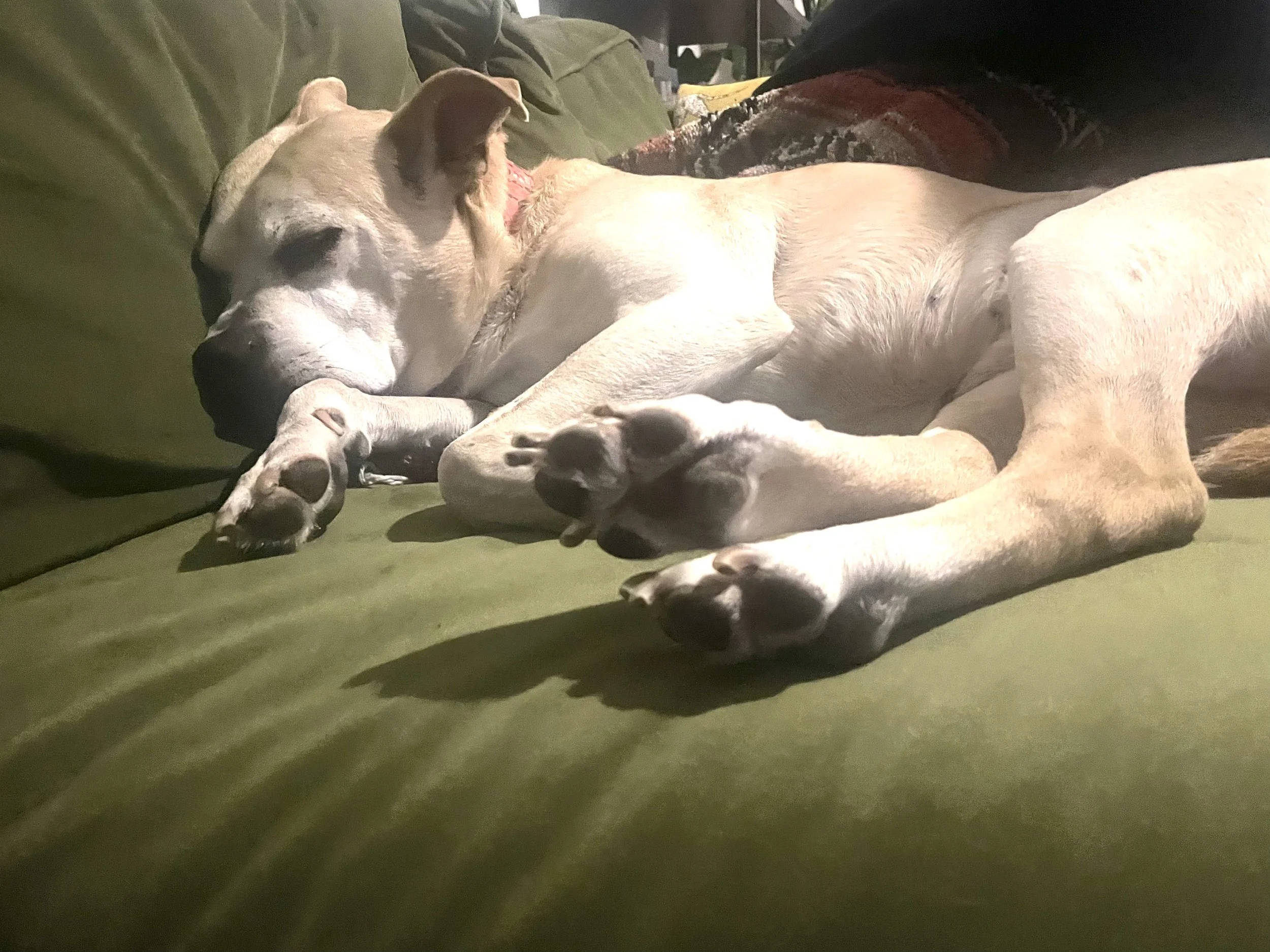Back to the Basics: Sleep Edition
Have you ever had such a shitty night's sleep that you wake up in the morning and are just hating life/angry at the world? Or maybe when this happens you do not even want to think about getting out of bed and doing all the tasks of the day? Yeah.....I can definitely relate to both of those scenarios. This is simply because we need proper and adequate sleep in order to function to the best of our abilities.
Research shows that a chronic lack of sleep, or getting poor quality sleep, increases the risk of disorders including high blood pressure, cardiovascular disease, diabetes, and obesity.
Sleep is also closely connected to mental/ emotional health and has demonstrated links to depression, anxiety, bipolar disorder, and other conditions. (The national institute of neurological disorders and stroke, 2023).
So let’s take a step back together and start to reassess our relationship with our sleep.
Below is a list of some steps to be mindful of and to aid in getting back into a healthy relationship with your sleep:
● Having a set bedtime and maintaining a steady sleep schedule
● Finding ways to wind-down, such as with relaxation techniques, as part of a standard routine before bedtime
● Avoiding stimulants such as tobacco and caffeine in the evening (Since these are stimulates they can impact the ability to fall asleep as well as stay asleep)
● Avoid drinking alcohol before bed (This also impacts the quality/ quantity of sleep that you get)
● Dimming lights and putting away electronic devices for an hour or more before bed (Blue- lights from TV/Computer/Phone screens trick the brain into thinking that it is still daytime out)
● Getting regular exercise and natural light exposure during the daytime
● Maximizing comfort and support from your mattress, pillows, and bedding
● Blocking out excess light and sound that could disrupt sleep
● Our brains continue to process sensory stimuli when we’re asleep, so playing soothing ambient music during sleep can assist in aiding in sleep when feeling restless
If you are noticing that none of these steps are helping to get a more restful/quality sleep then talk with your therapist and primary care provider for future assistance.
—Nick
References
Suni, Eric. “Mental Health and Sleep.” Edited by Alex Dimitriu, Sleep Foundation, 9 Feb. 2023, https://www.sleepfoundation.org/mental-health#:~:text=Sufficient%20sleep%2C%20especi ally%20REM%20sleep,consolidation%20of%20positive%20emotional%20content.
U.S. Department of Health and Human Services. (n.d.). Brain basics: Understanding sleep. National Institute of Neurological Disorders and Stroke. Retrieved February 14, 2023, from https://www.ninds.nih.gov/health-information/public-education/brain-basics/brain-basics-u nderstanding-sleep#:~:text=Without%20sleep%20you%20can't,neurons)%20 communicate%20with%20 each%20 other.

